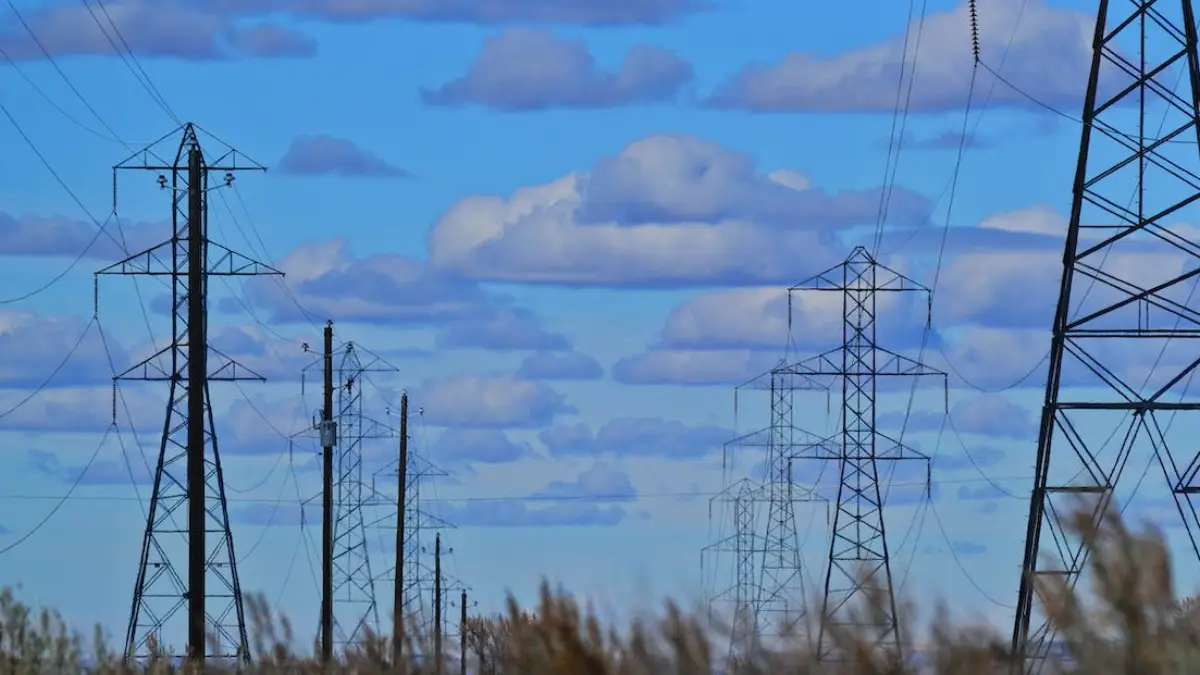Brazil’s Amazon Rainforest Records Lowest August Deforestation Levels Since 2018
In a substantial milestone for Brazil’s environmental policy, deforestation in the Amazon rainforest dropped by 66.11% in August, according to Environment Minister Marina Silva. This significant decrease comes at a time when deforestation typically surges.
Notable Decrease in Rainforest Clearance
Data from the Brazilian space research agency, INPE, gathered through satellite imagery, revealed that a mere 563 square km (217.38 square miles) of the Amazon rainforest were cleared in August. This marks a sharp 66.1% reduction compared to the same period last year.
Positive Trend Continues for 2023
INPE’s figures for the first eight months of 2023 indicate a cumulative 48% decrease in deforestation compared to the same period in 2022. These promising numbers align with President Luiz Inacio Lula da Silva’s commitment to halt deforestation in the region by 2030, following a period of increased destruction during the tenure of his predecessor, Jair Bolsonaro, who scaled back environmental protection efforts.
President Lula Commends Environmental Progress
President Lula expressed his satisfaction with the decline in deforestation on social media, attributing it to the “great work of the Environment Ministry and the federal government.”
No Evident Reversal in Sight
Concerns had arisen that the significant reduction in deforestation observed during the first seven months of Lula’s administration might be jeopardized by increased destruction in August and September when drier weather conditions prevail. However, initial indications suggest that these concerns have not materialized.
Environmental Consequences of Deforestation
Deforestation in the Amazon has severe ecological repercussions, leading to the loss of numerous species and their habitats, affecting indigenous communities’ health and livelihoods, increasing CO2 emissions, soil erosion, flooding, desertification, river and land pollution, and disrupting the global water cycle.
International Commitments and Indigenous Land Demarcation
Brazil hosted a significant rainforest summit last month, during which eight Amazon nations agreed on unified environmental policies. However, they failed to reach a consensus on a common deforestation eradication goal. Lula has made improving Brazil’s environmental reputation a cornerstone of his international agenda.
On Tuesday, he signed the demarcation of two new Indigenous lands, marking a reversal of some policies enacted by Bolsonaro. This recognition provides legal protection against encroachments by illegal loggers, gold miners, and cattle ranchers.
Calls for Continued Efforts
Mariana Napolitano, director of WWF-Brasil, emphasized the need for further actions, including traceability and transparency in the trade of livestock, gold, and other commodities.









